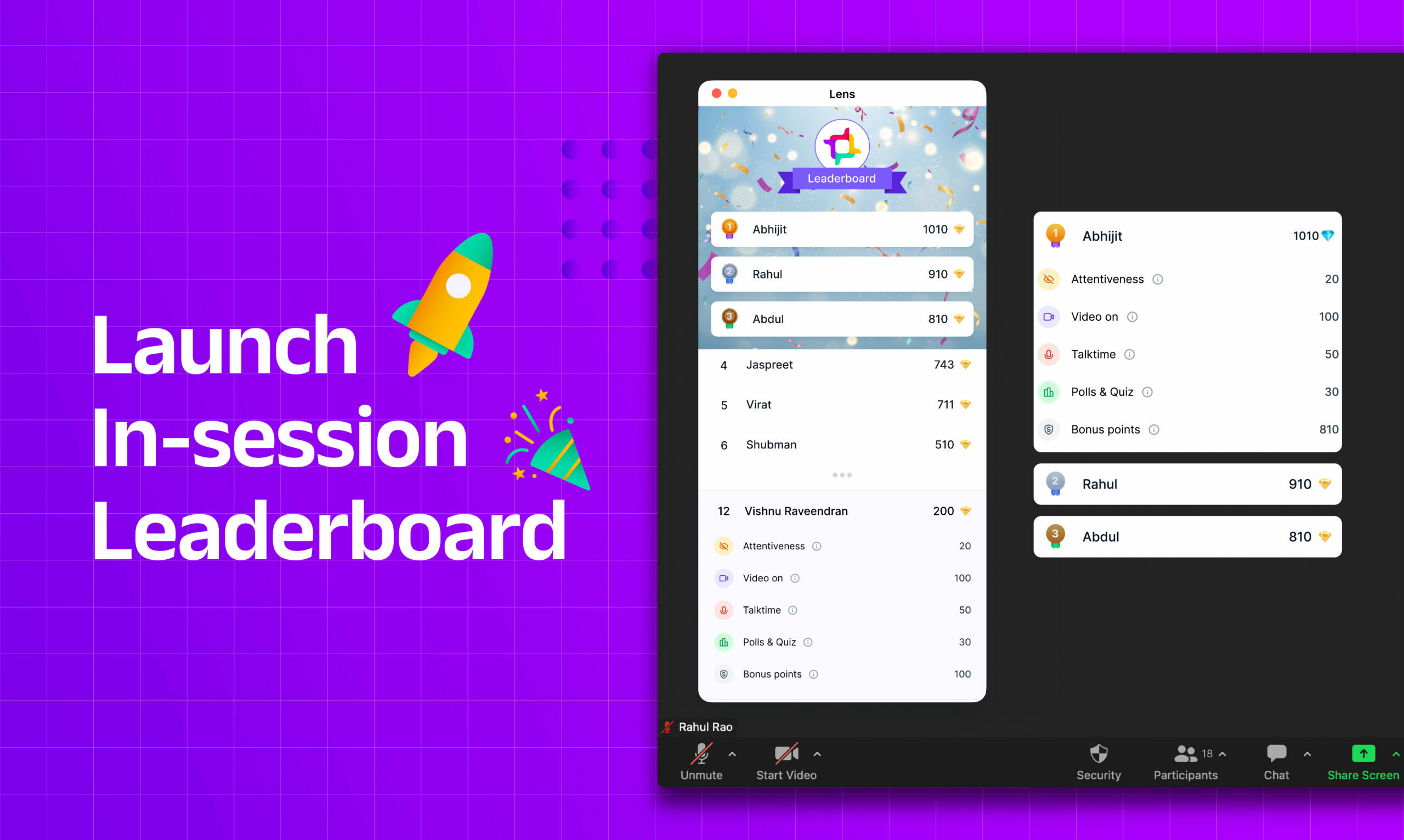Technology integration in education has opened up new possibilities for students to develop skills in various areas. EdTech content review can allow students to learn more interactively and engagingly, resulting in better skill development. This learning approach focuses on acquiring practical skills and knowledge rather than just theoretical information.
By utilizing technology such as interactive videos, simulations, and gamification, students can be fully immersed in the learning experience and develop their skills in a fun and engaging way. The use of technology also allows for real-time feedback and assessments, helping students to identify areas of strength and weakness and make the necessary adjustments to their learning journey.
EdTech content review is beneficial for subjects that require hands-on learning and practical application. For example, in science, technology, engineering, and mathematics (STEM) fields, students can use technology to explore complex concepts and experiment with real-world scenarios.
Empowering Students to Enhance Their Skills

One of the most critical factors in student success is engagement in the learning process. Whether in a traditional or virtual classroom, students actively involved in the material are more likely to retain information and make meaningful connections between ideas.
Virtual classrooms bring unique challenges when it comes to engagement. Without the traditional cues of in-person interactions, it can be difficult for students to stay focused and motivated in a virtual setting. However, using various tools and strategies, instructors can increase engagement and ensure students have a productive and fulfilling learning experience.
For example, incorporating interactive elements, such as discussion forums and group projects, can help foster a sense of community and collaboration among students. Additionally, instructors can use real-world examples and case studies to make the material more relevant and engaging for students.
Innovative Approaches to Skills-Based Education

One of the challenges of virtual classrooms is accurately assessing student learning and understanding. Unlike traditional classrooms, where instructors can observe students during class discussions and hands-on activities, virtual classrooms can make it more difficult to gauge student progress and ensure that learning goals are met.
However, instructors can use various tools and strategies to assess learning outcomes in a virtual setting. For example, online quizzes and exams can help assess factual knowledge and understanding. Additionally, instructors can use group projects and discussions to evaluate students’ ability to apply concepts and collaborate with peers.
It’s also important to incorporate regular feedback and check-ins with students to ensure they are on track and address any challenges they may face. By using a combination of assessment methods and providing ongoing support, instructors can ensure that students are making progress and reaching their learning goals.
Skills-Based Learning with Zoom and Lens

In today’s rapidly changing job market, it’s more important than ever for students to develop a wide range of skills that will set them apart and make them competitive. One way to achieve this is through skills-based learning, and technology such as Zoom and Lens can play a critical role in this process.
By using Zoom as a virtual learning platform and Lens as an engagement monitoring tool, students can have a more interactive and engaging learning experience. Lens provides a comprehensive view of student engagement and attention levels during virtual classes, which can be used as a guide for instructors to assess how well students retain information and develop their skills.
Additionally, Lens allows instructors to conduct in-meeting polls and quizzes, gamify the virtual learning experience, and use a leaderboard to motivate and challenge students. With these tools, students can be fully immersed in the learning process, building their skills in a fun and interactive way.
Measuring Progress and Outcomes in Skills-Based Learning

Gamification is a popular strategy for increasing engagement and motivation in virtual classrooms. By adding elements of competition and rewards, instructors can make the learning experience more enjoyable and keep students motivated to participate and learn.
Lens, a Zoom add-on, allows for gamification in virtual classrooms by monitoring participants’ talk time and screen time, organizing polls and quizzes, and providing a leaderboard for in-meeting interactions. This allows for a more robust performance metric for online classes, where engagement and attentiveness directly correspond to higher-quality interactions.
Gamifying virtual classrooms can have various benefits, including increased student engagement, enhanced motivation, and improved learning outcomes. Using tools like Lens, instructors can bring fun and competition into the virtual classroom, leading to a more enjoyable and productive learning experience.
Conclusion
Another way Lens helps is by providing real-time feedback on student engagement and attention in virtual classrooms. By tracking participants’ talk time and screen time, Lens offers a clear picture of how engaged and attentive students are during online classes. This information is valuable for instructors, who can use it to adjust their teaching style, content, or activities to meet their students’ needs better.
In addition to providing real-time feedback, Lens also offers a variety of tools for enhancing student engagement and motivation, such as polls, quizzes, and in-meeting browser capabilities. By providing a more engaging and interactive learning experience, Lens can help improve student performance and keep students motivated to learn.




